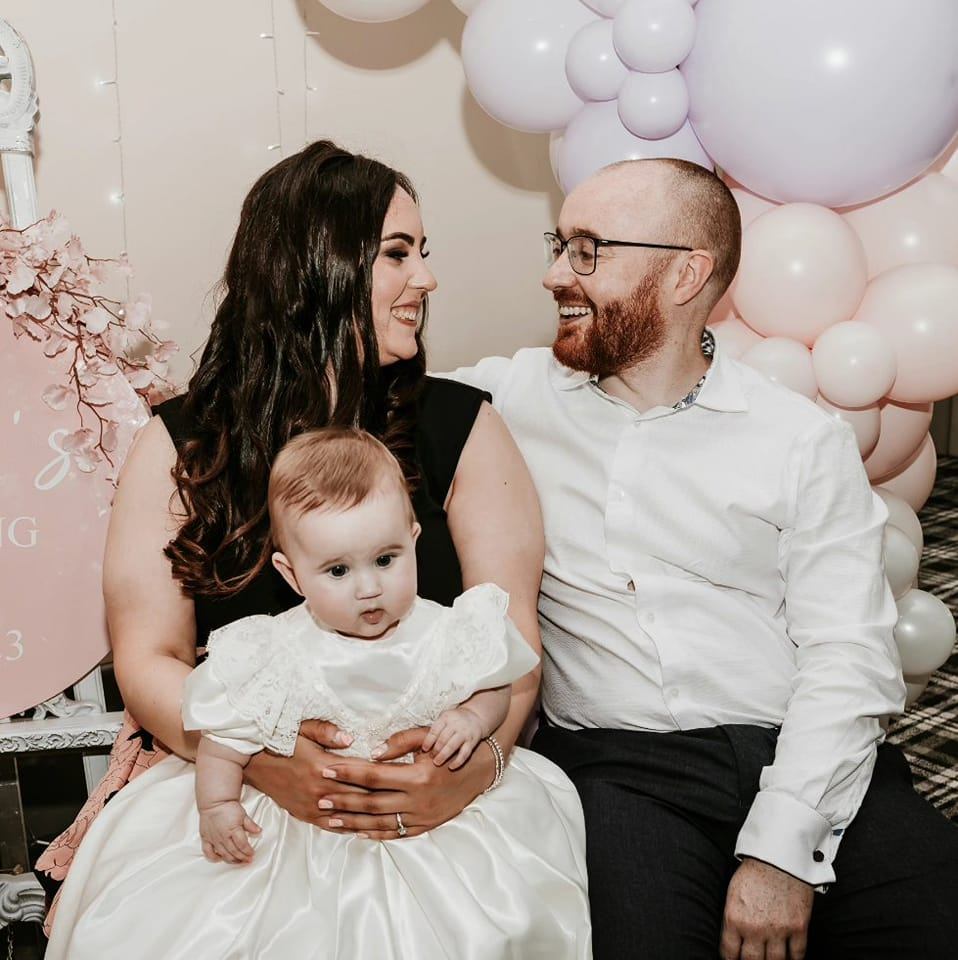Living Humanist Values: A Celebrant’s Perspective
By John Paul Fitzpatrick, Humanist Celebrant
Have you ever wondered what humanism really means? As a Humanist celebrant, I’m often asked to explain humanist values, and I love these conversations because they get to the heart of how we can live meaningful, ethical lives while celebrating our shared humanity.
What is Humanism?
At its core, humanism is a positive, ethical worldview based on reason, compassion, and human experience. It’s about finding meaning in the one life we know we have and taking responsibility for making it the best it can be – both for ourselves and others.
Think of humanism as a lens through which we view the world. Rather than looking to supernatural or religious explanations, humanists believe in:
- The value of scientific evidence and rational thinking
- The importance of human experience and wisdom
- Our responsibility to create meaning in our lives
- The power of human empathy and cooperation
Key Humanist Principles
1. Trust in Science and Reason
Humanists value evidence-based thinking and scientific methods. We believe that understanding comes through observation, testing, and being willing to change our minds when new evidence emerges. This doesn’t mean we don’t appreciate mystery and wonder – quite the opposite! The natural world and human achievements provide endless sources of awe and inspiration.
2. Finding Meaning in This Life
As humanists, we focus on making the most of the life we know we have. We believe that meaning comes from:
- Our relationships with others
- Contributing to our communities
- Personal growth and learning
- Creating positive change in the world
- Appreciating the beauty and wonder of life
3. Ethics and Morality Without Religion
Humanists believe that moral values come from human experience, empathy, and reason rather than religious texts or divine command. We ask:
- What reduces suffering?
- What promotes wellbeing?
- How can we create a fairer society?
- What helps humans and other beings flourish?
4. Celebrating Human Potential
Humanism embraces human creativity, achievement, and potential. We believe that humans have the capacity to:
- Solve problems through cooperation
- Create beautiful art and culture
- Advance scientific understanding
- Build more just and compassionate societies
How These Values Shape My Work as a Celebrant
As a Humanist Society Scotland celebrant, I have the privilege of putting these principles into practice every day. Here’s how humanist values inform my work:
Celebrating Authentically
When I create ceremonies, I focus on telling real stories about real people. Whether it’s a wedding, naming ceremony, or funeral, each celebration is grounded in genuine human experience rather than prescribed religious rituals. This means:
- Working with couples to tell their unique love stories
- Helping families honour their loved ones’ actual lives and legacies
- Creating ceremonies that reflect people’s true values and beliefs
Inclusive Practice
Humanism’s emphasis on human dignity and equality means ensuring my ceremonies welcome everyone, regardless of:
- Religious beliefs or lack thereof
- Cultural background
- Gender identity or sexuality
- Social or economic status
Evidence-Based Approach
Just as humanism values evidence and reason, I continually:
- Research and learn from ceremony feedback
- Stay updated on best practices
- Adapt my approach based on experience
- Share knowledge with other celebrants
Fostering Connection
Humanist ceremonies emphasise our shared humanity and connections. I work to:
- Create moments of genuine emotional connection
- Help families and communities come together
- Facilitate meaningful participation from guests
- Build bridges between different beliefs and traditions
Living Humanist Values in Daily Life
Beyond my role as a celebrant, humanism shapes how I approach daily life. Here’s how I try to live these values:
Continuous Learning
- Reading widely across sciences and humanities
- Engaging with different perspectives
- Remaining curious about the world
- Being willing to change my mind based on evidence
Ethical Living
- Making conscious choices about consumption
- Contributing to community initiatives
- Supporting causes that reduce suffering
- Working towards environmental sustainability
Building Connections
- Fostering meaningful relationships
- Creating inclusive spaces
- Listening to and learning from others
- Finding common ground across differences
Humanism for Everyone
One of the beautiful things about humanist values is that they’re accessible to everyone. You don’t need special knowledge, ritual objects, or sacred texts. The tools of humanism are things we all have:
- Our ability to reason and think critically
- Our capacity for empathy and compassion
- Our shared human experiences
- Our desire to make life better for others
Moving Forward Together
As a humanist celebrant, I’ve seen how these principles can bring people together and create meaningful moments of connection and celebration. Whether you identify as a humanist or not, these values offer practical guidance for living an ethical, meaningful life.
Remember, humanism is about:
- Finding wonder in the natural world
- Creating meaning through human connection
- Using reason and evidence to understand our world
- Working together for a better future
- Celebrating life’s precious moments
If you’re curious about humanism or wondering how these values might enhance your own life’s celebrations, I’d love to continue the conversation. After all, exploring life’s big questions together is one of the most enriching parts of being human.
John Paul Fitzpatrick is a registered celebrant with Humanist Society Scotland, dedicated to creating meaningful ceremonies that celebrate human connection and values.

